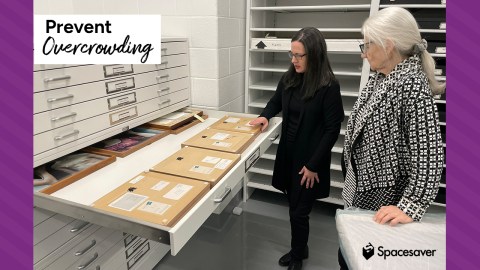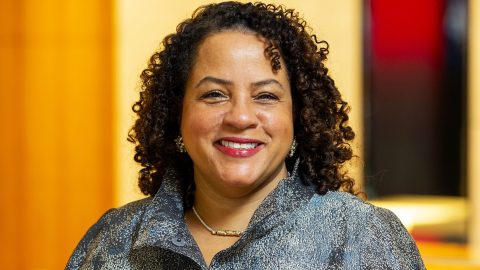Sproutling is offering new parents some peace of mind in trade for their baby’s personal data. Welcome to the Internet of Infants.
This hits so many trend buttons, including how:
- The Internet of Things is enabling us to amass Big Data (e.g., your baby’s sleep cycle, body temperature, mood)
- Advanced analytic algorithms enable us to crunch that data and make sense of it (what’s a normal heart rate for an infant at a particular age? What light levels promote napping?)
- Companies can convert what they’ve learned from data analytics into personalized services (what environmental conditions help your baby sleep well? What triggers a bad mood?)
- Data is turning into a medium of exchange (“can we use your baby’s data to train and improve our data models?”)
- The “quantified self” movement is expanding its reach
Your Futurist Friday assignment: watch the Sproutling video and read the associated (brief) article and ask yourself, what next?
- Is technology changing the culture of parenting, and if so, how?
- Will obsessive checking of baby’s biometric feed on your smart phone replace obsessive checking on the crib?
- Will the ability to track baby’s temperature and heart beat in real time alleviate or feed parental angst?









I would have probably looked into this monitor before having my first baby. All those nights during the first few months where your little newborn is crying for hours and you have no idea why. You just know you want them, and you, to get some SLEEP! It could tell you if perhaps they're running a fever or just uncomfortably hot or cold. Or maybe in your exhausted state that, DUH, it's time for the baby to eat again and it's just crying in hunger. Something you could track with pencil & paper but, let's face it, you sometimes don't even have the brain cells to remember to do that. And although I feel this shouldn't take the place of learning your baby's own quirks and schedules,it could help you master those patterns alot better. Also, sometimes people are just not built to analyze and find the patterns of their young ones – so in those instances I feel it might help them to be better caregivers and take an offensive stance instead of defensive, which is harder on both the parents and babies.
Over all I think this monitor could be VERY helpful for new parents.